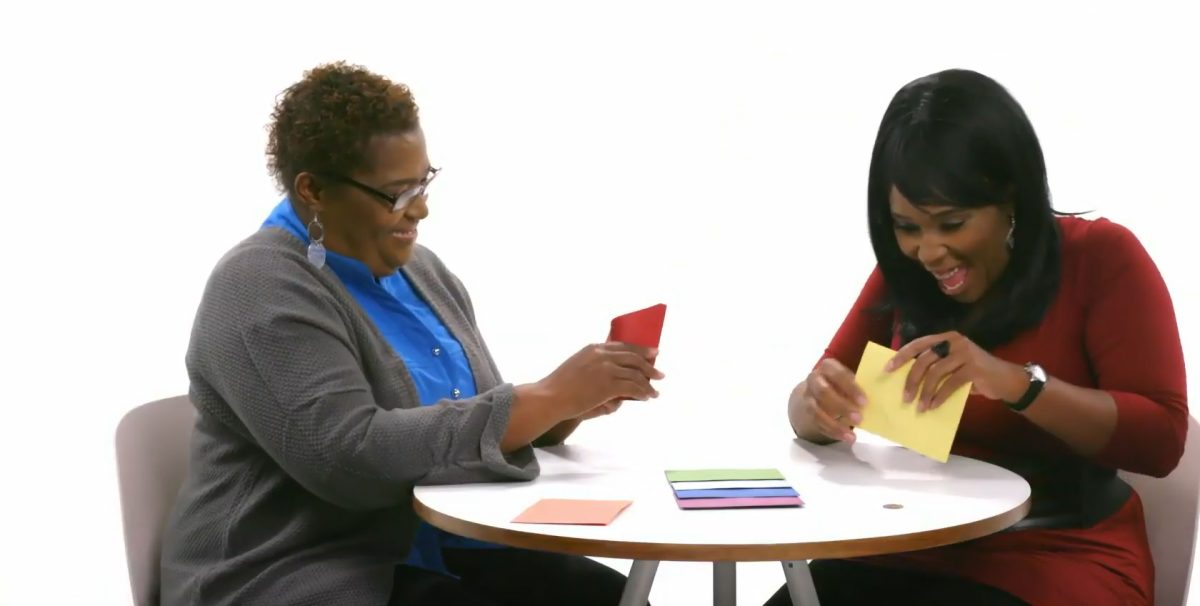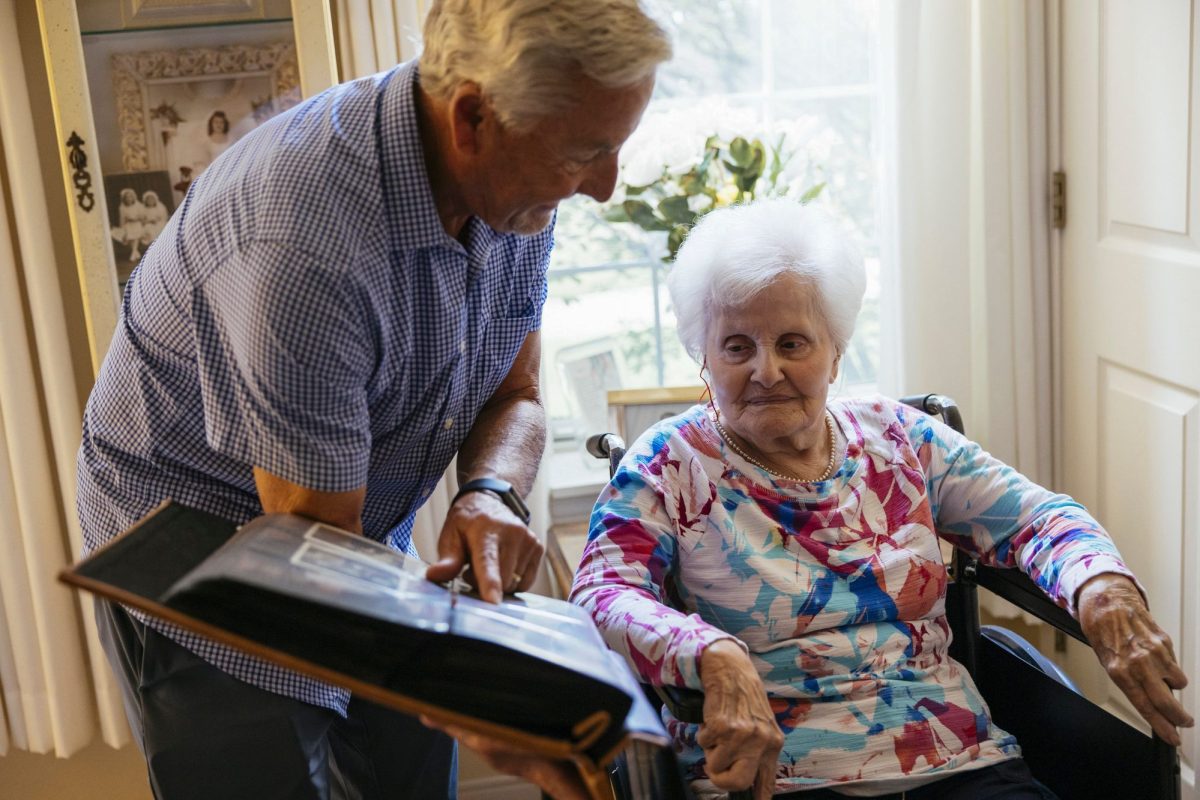5 Biggest Retirement Worries For Women In Their Sixties

As women in their sixties approach retirement, they often feel insecure financially. Planning for retirement is stressful enough, but women face a few additional challenges. Longer lifespans, gender pay gap, and more time (on average) out of the workforce can make saving for a comfortable retirement more difficult for women, whether they are single or married. A 2019 study by the NCOA/Ipsos delved into some of the biggest concerns women had about their finances during retirement.
Health Care Costs for Women in Retirement
It should come as no surprise that more than half (56%) of women aged 60 and older are concerned about health care costs. Similarly, 43% are worried that the cost of their prescriptions will outpace their retirement savings. According to the “Health and Finances Top Concerns of U.S. Seniors” survey, women are more concerned than men.
Women may feel the compounding effects of the income gap when it comes to retirement. Lower earnings will often translate into lower retirement account balances. That can lead to much higher rates of financial insecurity for women compared to their male counterparts.
As we know, unfortunately, women, on average, earn less than men; their finances also suffer further from the opportunity costs of being mothers and caregiving for an aging parent. While the balance of housework may have improved over the past decades, the burden still falls heavily on women.
The NCOA/Ipsos survey of 1,227 adults aged 60 and older, conducted between May 29, 2019, and June 14, 2019, discovered the top concerns among those nearing retirement. The ever-rising cost of health care and prescription drugs and a loss of independence are the top concerns of older adults and a direct threat to a secure retirement. Continue reading for more specifics on what issues are most concerning those in their sixties.
People In Their Sixties Are Worried About Health Care Costs In Retirement
· 56% of Americans, aged 60 and older (regardless of gender), are worried that health care costs will exceed retirement income
· 68% of Americans, aged 60 and older and with household incomes below $50,000, are afraid
· 60% of women, aged 60 and older, are worried health care costs will exceed retirement income
Will You Be Able to Afford Your Prescriptions in Retirement?
· 43% of Americans, aged 60 and older (regardless of gender), are worried that prescription medicine costs will exceed retirement income
· 54% of Americans, aged 60 and older and with household incomes below $50,000, are worried
· 46% of women, aged 60 and older, are concerned that prescription costs will exceed retirement income
Women in their Sixties Are Worried About Running Out of Money
· 48% of Americans, aged 60 and older (regardless of gender), are worried about outliving their savings
· 61% of Americans, aged 60 and older, with household below $50,000 are worried
· 51% of women, aged 60 and older, are concerned about outliving their savings
At first, I thought that percentage was shockingly low, and then I remembered that only 50% of people have any money saved for retirement. That led me to believe many people are living on Social Security alone. The bright side of that retirement plan is that Social Security benefits are for life. That assumes Trump doesn’t get his way and cut them in an effort to try to get his budget deficit under control.
Women Are More Concerned About Losing Their Independence as They Age
· 54% of Americans, aged 60 and older (regardless of gender), are worried about losing their independence, nearly half (46%) worry about becoming a burden to their families
· 59% of women, aged 60 and older, are worried about losing their independence
Perhaps the lesson here is to work on your own health before there is a crisis. Would you rather recover from a heart attack or avoid having one in the first place? Diabetes? Cancer? There is a long list of ailments of old age than could be minimized, or avoided, with proper diet and moderate activity. We aren’t talking about some crazy workout regime or eating raw kale and beets for every meal, either.
Women Are More Concerned About Becoming Burdens on Loved Ones
52% of women, aged 60 and older, are worried about becoming a burden to their families, 12% more than men
If you have the ability and assets to protect, consider purchasing long-term care coverage for yourself. When purchased as a living benefit on a life insurance policy, you can often get coverage for long-term care, as well as benefits that kick in if you need home health care or suffer from a chronic illness. Other benefits may be received if you have a heart attack, stroke, or any other critical illness covered by your specific policy.
Income Sources For Those In Retirement
Sixty-seven percent of survey respondents reported being completely retired or retired but doing some paid work on the side (9%). The remainder were still mostly working before retiring (17%), with a small percentage (2%) cutting back to part-time work. Just 4% of respondents reported wanting to work the rest of their lives, by choice, while 2% expected to work the rest of their lives because they needed to financially.
It wasn’t surprising that among those surveyed, Social Security was the most common source of income (93%). It was followed by pensions, which provided some retirement income to 49% of respondents. That was closely followed by income from brokerage accounts (43%) or IRAs (37%). Only 37% expected to be taking income from an employer-sponsored retirement plan like a 401(k). Twenty-two percent of respondents expected to use home equity to provide needed income in retirement, 13% expected to receive income from working, and 6% expected income from income properties.
It’s estimated that around 10,000 people turn 65 years old each and every day in America. That means more people will be forced to face their own retirement planning insecurities. While you may hate to admit it, retirement will be here before you know it, regardless of your current age. Take steps to improve your chances of reaching financial freedom and having a secure retirement. Even if you are starting your retirement plan in your sixties, there is still time to improve your prospects of a comfortable retirement.




